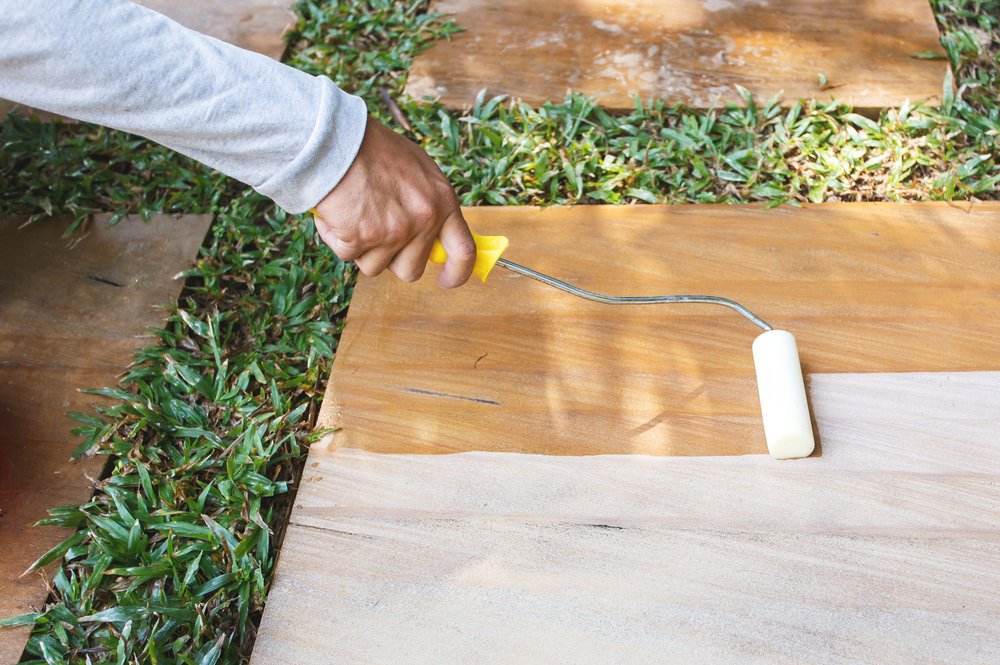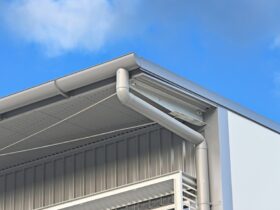Are you searching for the best way to protect your concrete surfaces from wear, tear, and environmental damage? A water based concrete sealer might be just what you need. This versatile solution is not only eco-friendly but also offers excellent durability and aesthetics. In this comprehensive guide, we will explore everything you need to know about water based concrete sealer.
Understanding Water Based Concrete Sealer
A concrete sealer is a protective layer applied on concrete surfaces to guard against damage. A water based sealer is a type of concrete sealer that uses water as a primary solvent. It is low in volatile organic compounds (VOCs), making it an environmentally friendly option. Moreover, it is easy to apply and clean up, offering a practical solution for both professionals and DIY enthusiasts.
Benefits of Using Water Based Concrete Sealer
There are several benefits to using a water based concrete sealer. Firstly, it is less harmful to the environment due to its low VOC content. Secondly, it enhances the appearance of your concrete, giving it a sleek, wet look. Thirdly, it offers excellent protection against water damage, UV rays, and chemical spills. Finally, it is breathable, allowing moisture to escape from the concrete, thereby preventing issues like efflorescence and mold growth.
Types of Water Based Concrete Sealer
There are two main types of water based concrete sealers: acrylic and epoxy. Acrylic sealers are suitable for outdoor use, as they are UV resistant and do not yellow over time. They provide a glossy finish and are excellent at repelling water. On the other hand, epoxy sealers are best for indoor use. They offer superior chemical resistance and provide a high-gloss finish, making them ideal for commercial and industrial settings.
How to Apply a Water Based Concrete Sealer
Applying a water based concrete sealer is a straightforward process. You begin by cleaning the concrete surface thoroughly, removing any dirt, oil, or stains. Then, you apply the sealer using a roller, a brush, or a sprayer, ensuring an even application. It’s crucial to follow the manufacturer’s instructions regarding drying times between coats and final curing time.
Maintaining Your Sealed Concrete Surfaces
Maintaining your sealed concrete is vital for its longevity. Regular cleaning with a mild detergent helps keep the surface looking its best. Avoid using harsh chemicals or power washing, as these can damage the sealer. Periodic resealing, usually every few years, helps maintain the protective barrier and the aesthetic appeal of your concrete.
Choosing the Best Water Based Concrete Sealer
Choosing the best water based concrete sealer depends on your specific needs and the type of concrete surface. Factors to consider include the sealer’s performance, ease of application, drying time, and the look you desire. It’s also essential to consider the product’s quality and the reputation of the manufacturer.

Conclusion
Water based concrete sealer is a fantastic option for protecting and enhancing your concrete surfaces. By understanding its benefits, types, application process, and maintenance requirements, you can make an informed decision and ensure the best results for your project. Always choose a high-quality product from a reputable manufacturer, and don’t hesitate to seek professional advice if unsure. With the right water based concrete sealer, you can enjoy a durable, aesthetically pleasing, and eco-friendly concrete surface for years to come.











Find Us on Socials